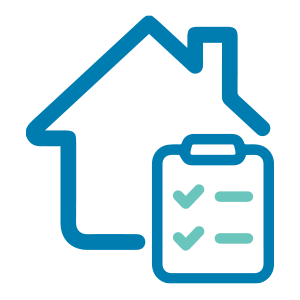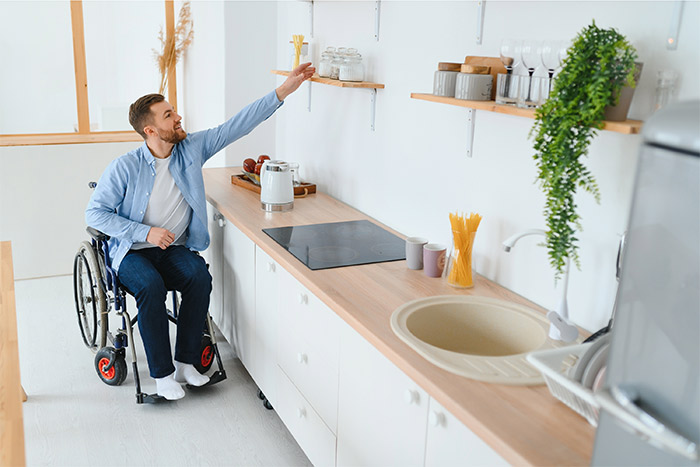

Supported Independent Living refers to the amount of support and services required to help individuals with disabilities live independently in their own home. The SIL assessment is performed to assess an individual’s abilities, needs, and goals and determines the level of assistance and support required to live independently.
The SIL assessment helps determine the appropriate level of support funding that the individual may be eligible for under the National Disability Insurance Scheme (NDIS).
The SIL assessment may include:
Specialist Disability Accommodation refers to purpose-built or modified housing for individuals with significant disabilities who require specialised housing solutions.
The SDA assessment helps establish eligibility for SDA funding, which is separate from other NDIS funding streams and is aimed at providing appropriate housing options for individuals with high-support needs.
The SDA assessment may involve:
Both SIL and SDA assessments are comprehensive and involve cooperation between occupational therapists, individuals with disabilities, their families, support coordinators, and other relevant stakeholders. The goal is to create personalised plan that enhance independence, promote inclusion, and improve the overall well-being of individuals with disabilities.

Your Journey to Independence Starts Here!
And let us take good care of YOU